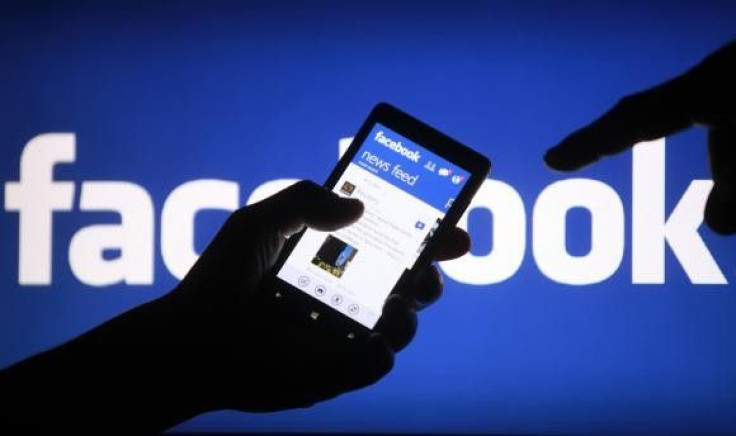5 Hoaxes We Almost Fell For On Facebook

Facebook is the biggest social media network in the world today, with over 1 billion users and millions logging in on a daily basis. Because of the high number of social media users, it is vital to stay protected and be informed of the usual Facebook hoaxes that can ruin your computer, finances and reputation.
1. Monthly charges
There is a Facebook hoax telling people that the social media network is going to start charging them for monthly use, based on a report by CNN.com. There is also an announcement that Facebook users need to pay to play games or use apps on the website. The truth is, Facebook will always be a free service for all.
2. BMW farming scam
There is a Facebook message that goes around telling people that they can win a brand new BMW car if they share the promotional image and like an associated Facebook page, according to Hoax-Slayer.com.
3. The celebrity scandal
There is a provocative image of a celebrity that entices users to click and share if they wish to view the entire photo or video. The fact is that no compromising images or videos exist and these may be used by hackers to plant malware.
4. Facebook account verification scam
A message on Facebook appears purporting to be the verification team of the social media network. The message then instructs Facebook users to verify their profiles before the expiry date to comply with the PIPA and SOPA Act. Otherwise, all their Facebook data will be lost and they can never access their online account again.
5. Share a photo to donate
There is a post about an allegedly very sick individual and users are encouraged to share the photo and message to send a donation for his successful operation. According to the message, the victim's family will receive a certain amount each time the photo is shared, based on a report by About.com.
There are several other Facebook hoaxes that people should be aware of. Some of these are harmless while others may include viruses and malware.






